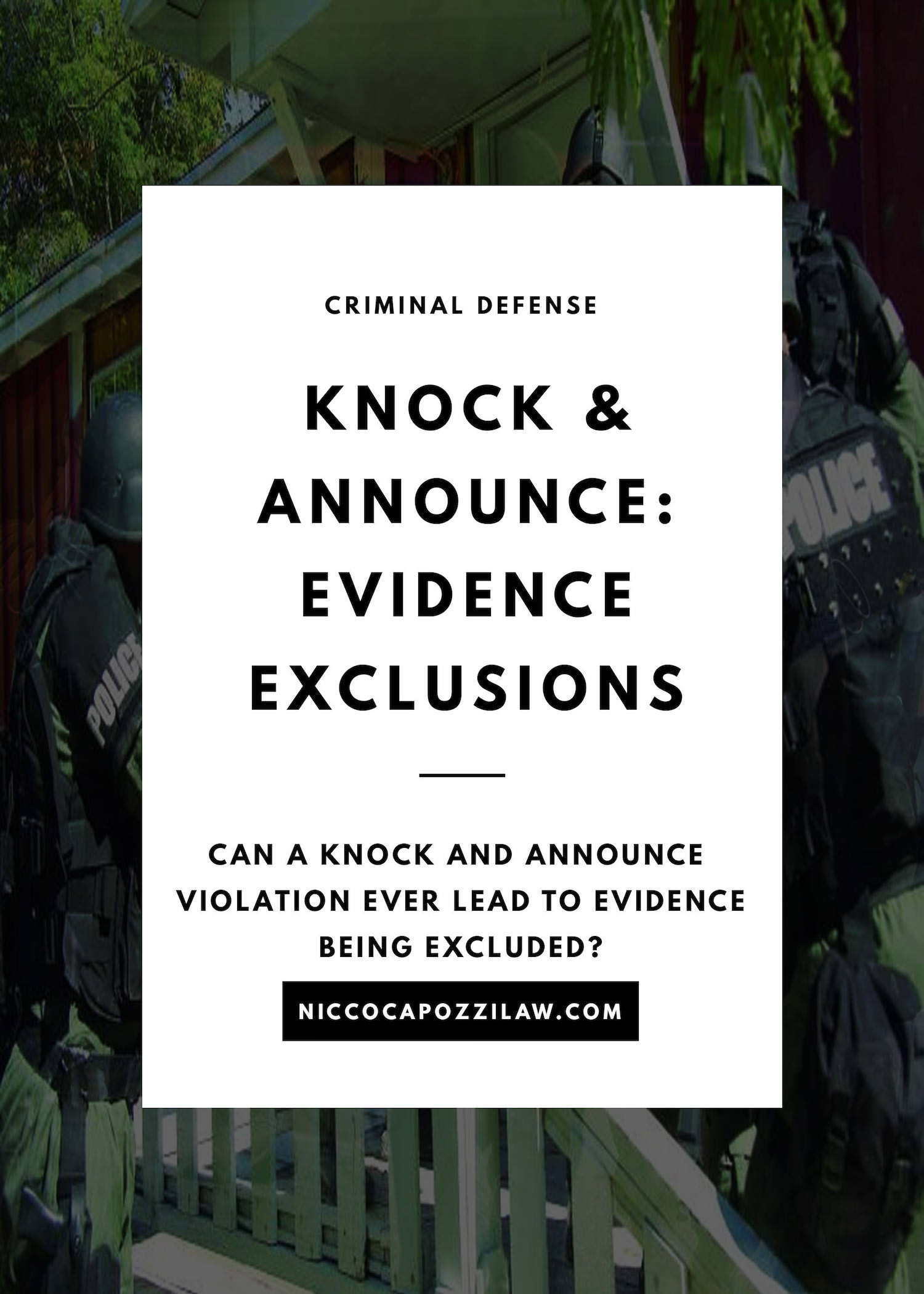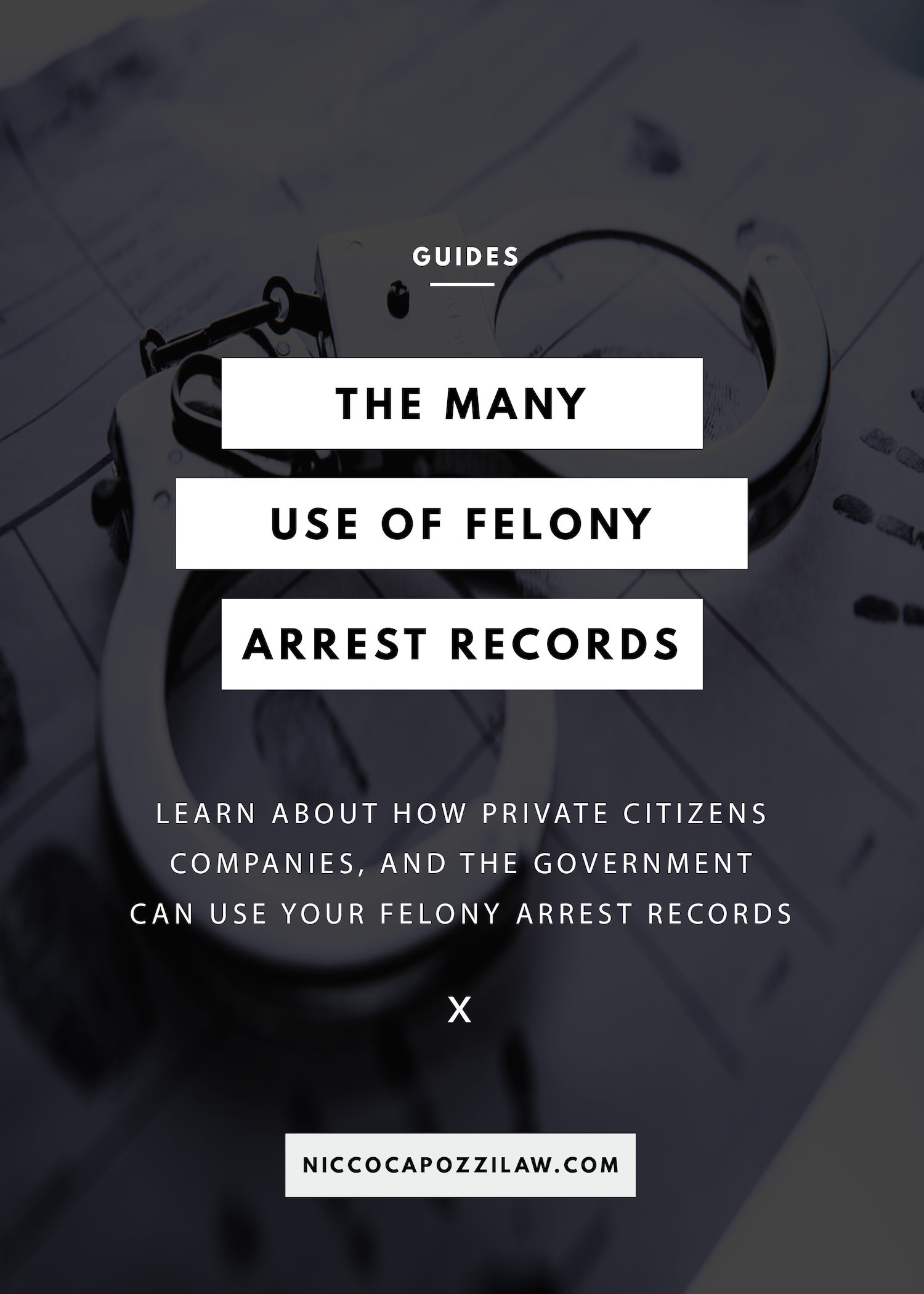Over the years, the use of no-knock warrants has grown exponentially. With a regular warrant, police are required to knock and announce their presence before entering a private building. No-knock warrants allow police to immediately make forcible entry. Because of this, their expanded use has been hotly contested.
No-knock warrants are only granted in two special cases. First, one might be granted if there is an especially high risk of the occupants of the building to be searched destroying evidence. Second, one might be granted if there is an unusually high risk to officer safety such as the occupants being known to possess multiple firearms.
If neither of those conditions are present, the police must follow the knock and announce procedure used in regular search warrants. Generally, a violation of the knock and announce rule does not require the suppression of evidence. Although courts look poorly on such violations, they generally do not view the violation as a severe enough violation of the Fourth Amendment to bar the use of any evidence collected because it still would have been collected had the warrant been issued properly.
In one case (People v. Walker, 2014 NY Slip Op 02975), the court did exclude evidence collected in a no-knock search. There, the court found that the collection of a DNA sample went well beyond the purpose of a no-knock warrant. The court said that a person should have the right to contest such an invasive procedure and that there was no risk of evidence being destroyed because they could not destroy their DNA.







